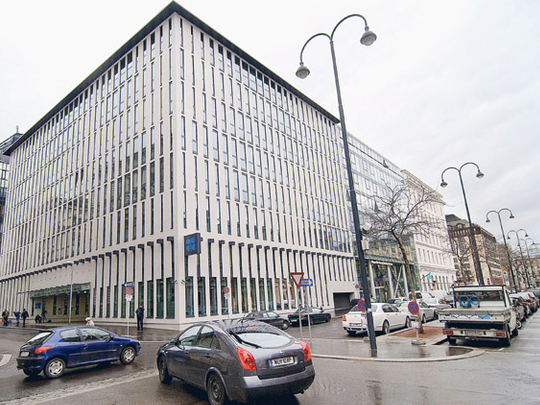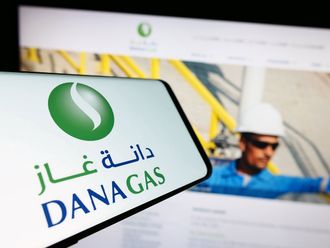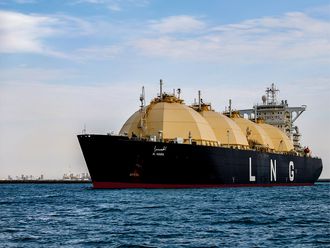
Kuwait: Speculation could push oil prices to rise to $110 per barrel within a few weeks, which may prompt Opec to raise production, a member of Kuwait's Supreme Petroleum Council (SPC) said yesterday.
"Demand will increase slightly, but this increase in price is usually technical, due to analysts' forecasts and speculations," Imad Al Atiqi, a member of the country's highest oil policy body, told Reuters in a telephone interview.
"This [increase] could be a reason to increase production so the oil market does not get worried... especially if the rise was quick and crossed the $110," he said.
However, Opec members are unlikely to meet before their scheduled meeting in June if prices reach $100 a barrel, Al Atiqi said, adding that the global economy could afford a $100 oil price, and that it would not hurt recovery.
"It wouldn't because this is coordinated with other strategic commodities like gold, metals, food and basic materials," he said.
Last week Kuwait's oil minister Shaikh Ahmad Al Abdullah Al Sabah said he did not expect Opec to meet before June unless "something dramatic" happens and did not expect an increase in output in the first half of 2011.
Al Atiqi said for the time being there was ample supplies of crude oil in the market.
On Friday the ICE Brent crude price for February fell $1.19 to $93.33 a barrel, trading from $92.59 to $94.58.
Last month the price spiked to $94.74 a barrel, its highest since October 2008.
Unlikely to touch $150
Nearly three years to the day after oil prices first pierced $100 a barrel, they are again threatening to break triple digits on a wave of fund-led optimism, but similarities between 2008 and 2011 end there.
Even the most bullish analysts are quick to recite a litany of reasons why oil will not surge to near $150 again this year. Such a sharp spike would deal the world economy a heavy blow it can ill afford.
By far the most compelling reasons are short-term supply fundamentals: There is far more oil in storage, far more fuel capacity at refiners worldwide, and far more idle oil wells that Opec can reactivate when it chooses, braking the market's rally in a way it could not three years ago.
Analysts expect an additional 8 per cent gain in average prices in 2011.
"To a substantial degree, oil is not like it was then because there are bottlenecks that have been overcome both in refining and production capacity," said Edward Morse, managing director at Credit Suisse.












